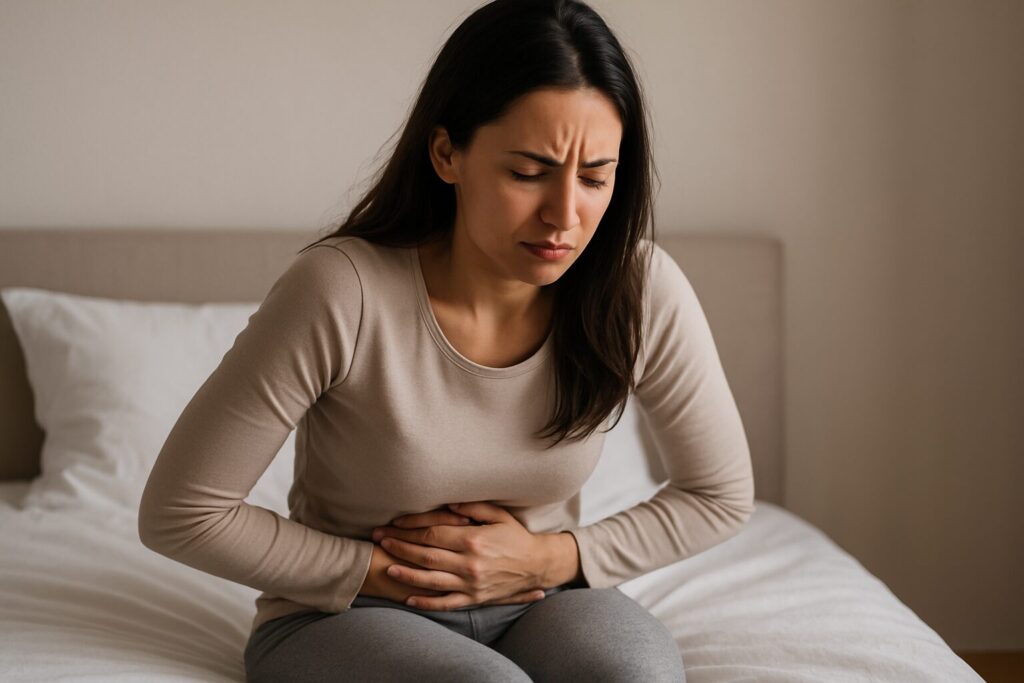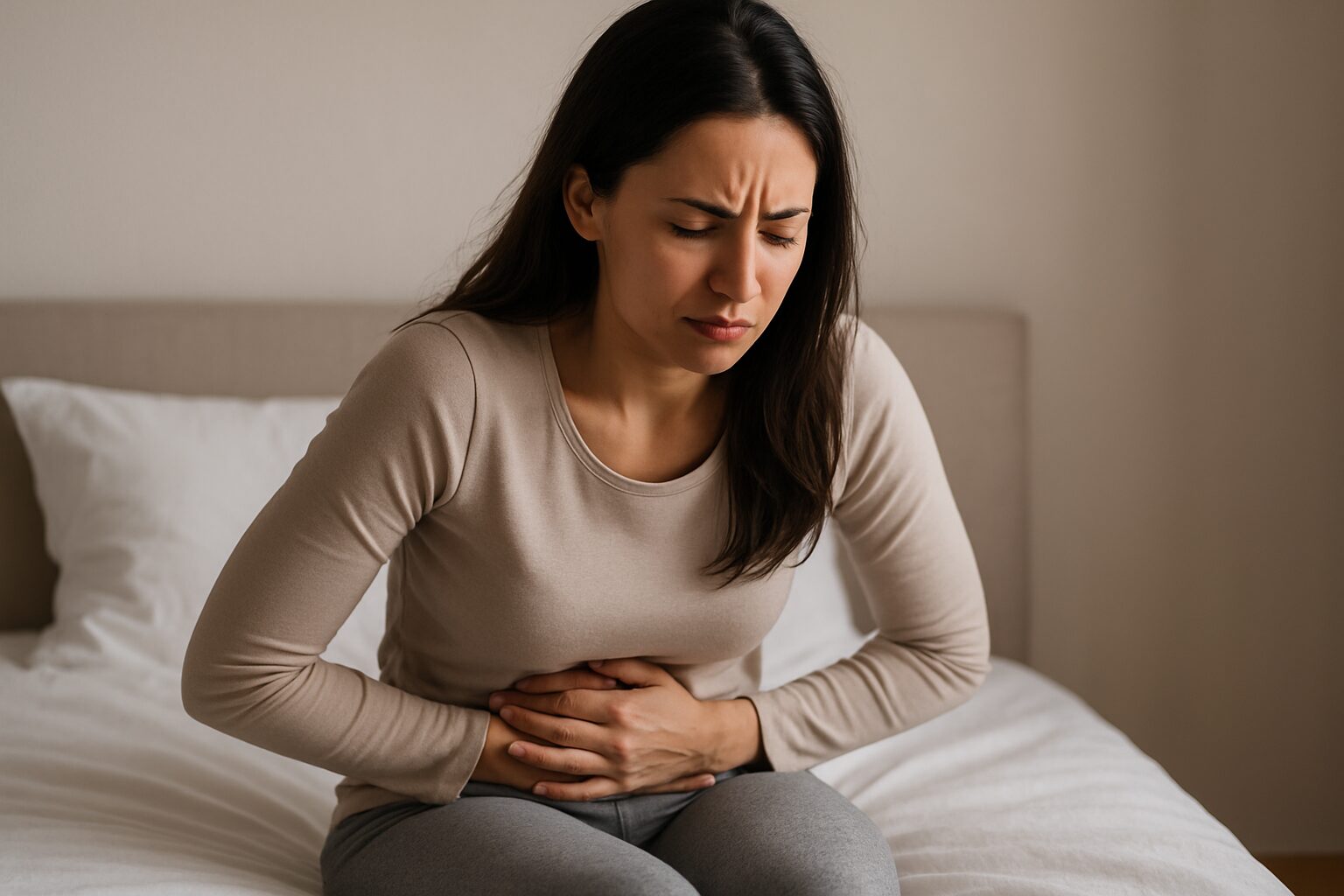The menstrual cycle is closely connected to hormonal balance and overall well-being. Stress may interfere with this balance, leading to irregular periods, stronger premenstrual symptoms, or general discomfort. Understanding the link between stress and the menstrual cycle could help women manage their health more effectively. This article explains how stress may influence the cycle and offers practical ways to cope.

1. Stress and Hormonal Changes
When stress increases, the hypothalamus-pituitary-ovarian (HPO) axis may be disrupted. This could lower estrogen and progesterone balance and interfere with ovulation. Stress hormones such as cortisol may also intensify premenstrual symptoms.
2. Irregular Periods
High stress may cause menstrual cycles to arrive earlier, later, or even stop temporarily. These irregularities may not only affect comfort but could also signal changes in reproductive health if they continue for long periods.
3. Worsening Menstrual Symptoms
Stress could increase sensitivity to pain, making cramps, headaches, or fatigue feel stronger. It may also contribute to heightened premenstrual syndrome (PMS) symptoms, affecting daily life and focus.
4. Impact on Immunity
Chronic stress may weaken immune function, making the body more vulnerable to infections or inflammation. This may combine with hormonal shifts to create added challenges for women during their cycles.
5. Lifestyle Strategies
Regular exercise such as walking, yoga, or stretching may help balance hormones and ease tension. Adequate sleep may also support recovery and hormonal regulation. Consistency in daily habits could play a key role in stabilizing the cycle.
6. Nutrition for Balance
Foods rich in magnesium, B vitamins, and omega-3 fatty acids may support relaxation and hormonal balance. Limiting excessive caffeine, sugar, and processed foods could help reduce discomfort and promote steadier energy.
7. Mental and Emotional Care
Relaxation practices like meditation, breathing exercises, or creative hobbies may help manage stress levels. Social support and open communication with family or friends may also provide emotional comfort.
8. Professional Guidance
If irregular cycles persist or stress severely affects daily life, seeking medical advice may be important. Professional evaluation may help identify hormonal or reproductive issues and provide tailored guidance.
9. Small Daily Practices
Simple habits like walking outdoors, keeping a consistent sleep routine, or enjoying warm herbal tea may gradually reduce stress and ease cycle-related symptoms. These small steps may build into long-term resilience.
🌿
Stress may significantly affect the menstrual cycle, but steady lifestyle habits and mindful care could reduce its impact. Regular exercise, balanced nutrition, quality sleep, and relaxation may all help support hormonal health and comfort. Women may benefit from respecting their body’s signals and creating routines that foster long-term well-being.
References and Further Reading
World Health Organization (WHO) – Women’s Health and Stress
American College of Obstetricians and Gynecologists – Menstrual Health
National Institutes of Health (NIH) – Stress and Hormonal Balance
※ This article is for general informational purposes only. Personal responses may vary, and professional medical consultation is recommended if irregularities persist.
